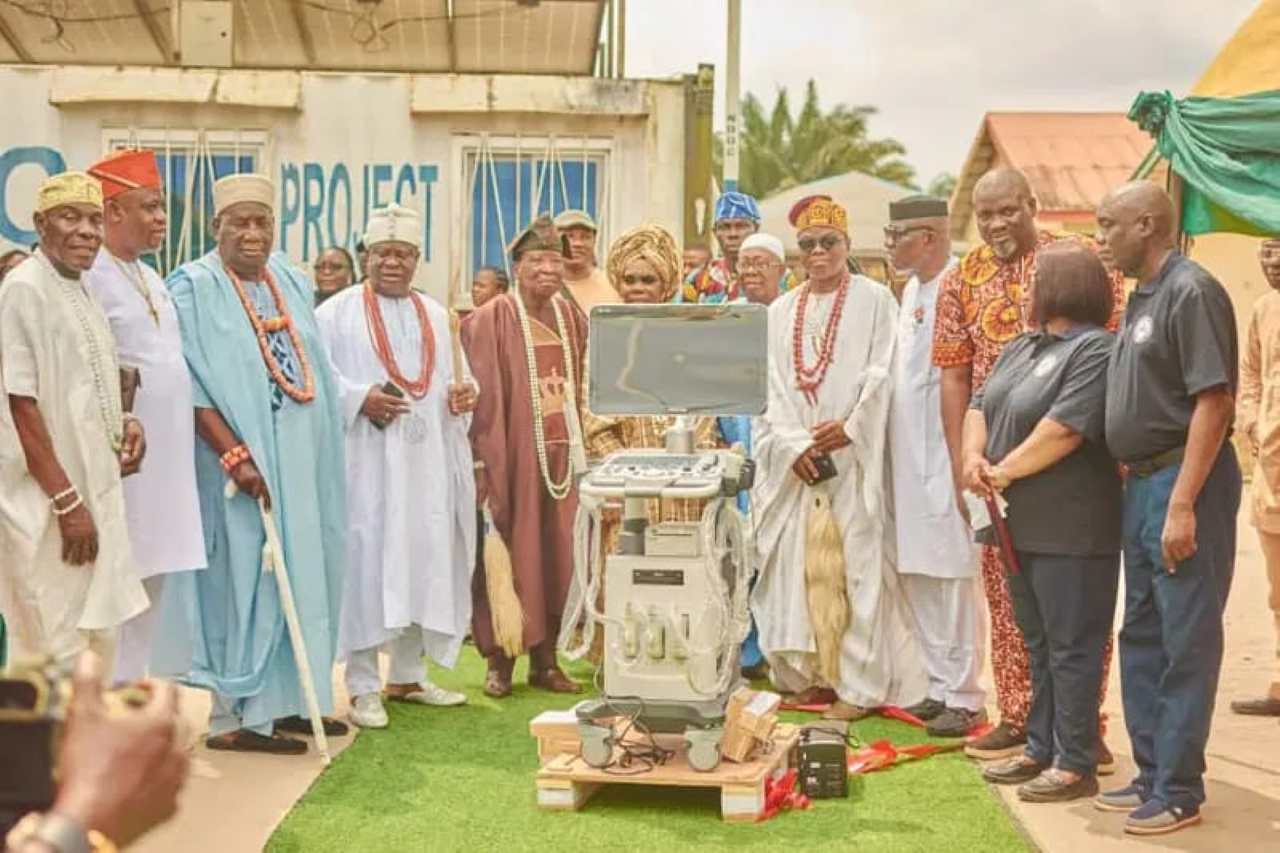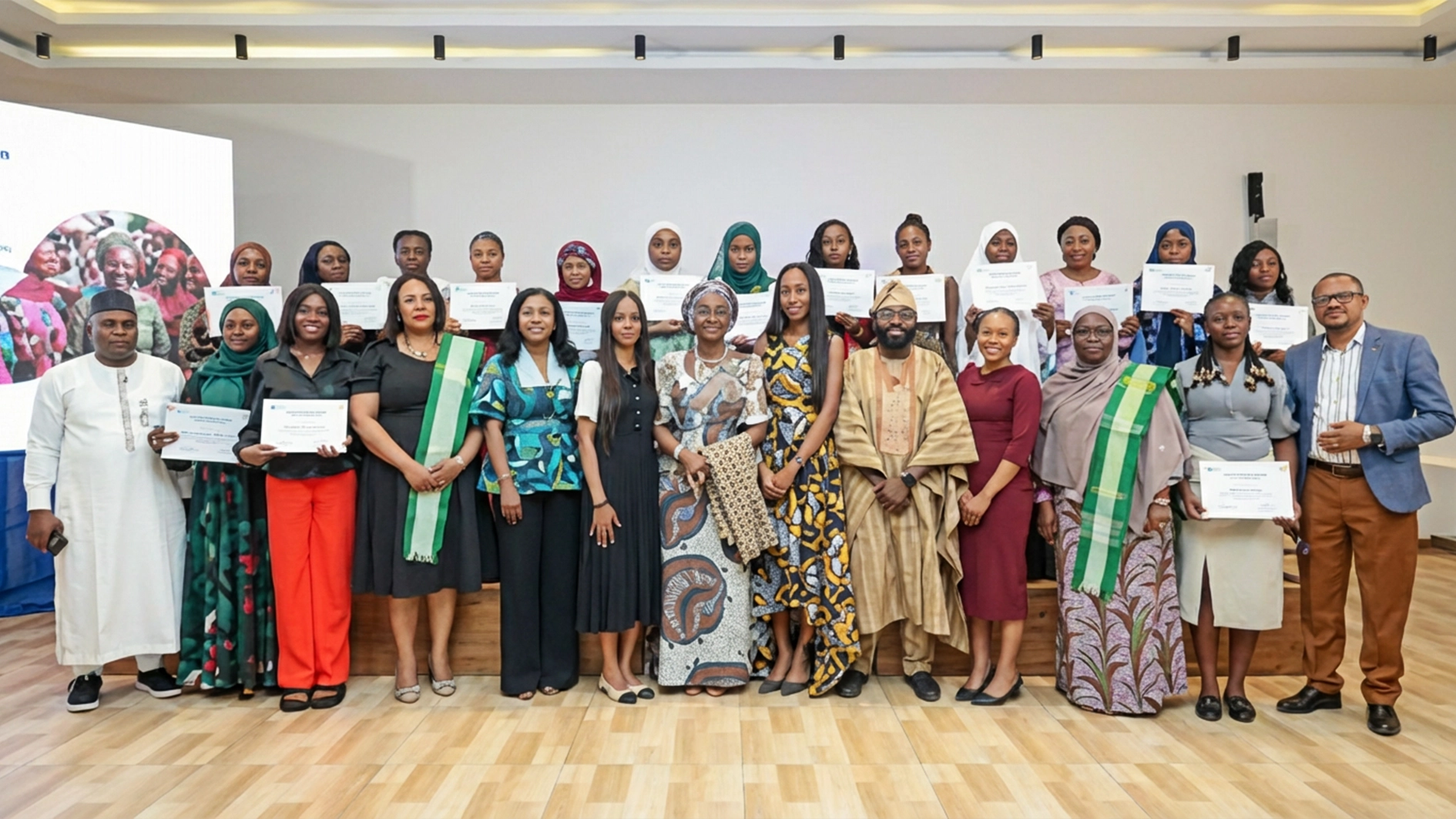The Federal Government has announced a 60 per cent increase in the national health budget, a move described by officials as part of President Bola Tinubu’s ongoing efforts to improve healthcare delivery and address long-standing workforce challenges.
Speaking at the 2025 Joint Annual Health Sector Review (JAR) in Abuja, the Coordinating Minister of Health and Social Welfare, Professor Ali Pate, said the additional funds are intended to finance vaccine procurement, epidemic preparedness, and overall health system strengthening.
“We are proud to report that 84 per cent of key health reform indicators are on track. Maternal deaths have declined by 17 per cent and newborn deaths by 12 per cent across 172 high-burden Local Government Areas. This is progress we must sustain,” he stated.
According to Pate, the administration plans to raise ₦150 billion over the next two years to support these priorities.
He also stressed that 35 states now conduct annual health reviews, and all 36 states and the Federal Capital Territory (FCT) have operational health plans aligned with national priorities.
Over 15,000 new health workers have been recruited, 435 primary healthcare facilities revitalised, and access to skilled birth attendants has increased by 33 per cent.
Visits to facilities funded through the Basic Health Care Provision Fund (BHCPF) rose from 10 million in early 2024 to 45 million by mid-2025.
Immunisation coverage for measles, yellow fever, and HPV vaccines has improved, alongside a 10 per cent increase in family planning uptake. Citizen trust in government health reforms has reportedly climbed to 55 per cent, while patient satisfaction now stands at 74 per cent.
“The President has approved over ₦50 billion to clear outstanding allowances and address workforce challenges that have persisted for years. This reflects a sincere commitment to rebuilding trust within the health workforce,” Pate added.
The Coordinating Minister of the Economy and Finance, Wale Edun, noted that the federal health budget has grown from ₦131.5 billion in 2024 to ₦299 billion in 2026, marking a near 60 per cent increase.
“This increase is part of a broader strategy to stabilise the economy, remove distortions, and prioritise social sectors such as health and education. States and Local Governments must also commit a greater share of their revenues to health,” he said.
Minister of Budget and Economic Planning, Senator Atiku Bagudu, emphasised that Nigeria’s historically low revenue-to-GDP ratio, which has remained below 8 percent since 2007, continues to limit growth.
He said the Tinubu administration is addressing this challenge through improved revenue mobilisation and the development of a new 2026–2050 National Development Plan, which integrates health, education, and human capital priorities.
“Through the World Bank-supported ward-level mapping, all 8,809 wards across 774 Local Government Areas will have coordinated health plans feeding into State and national priorities. This will enhance accountability and improve results at the grassroots,” Bagudu explained.






